Summaries of books about Biology:
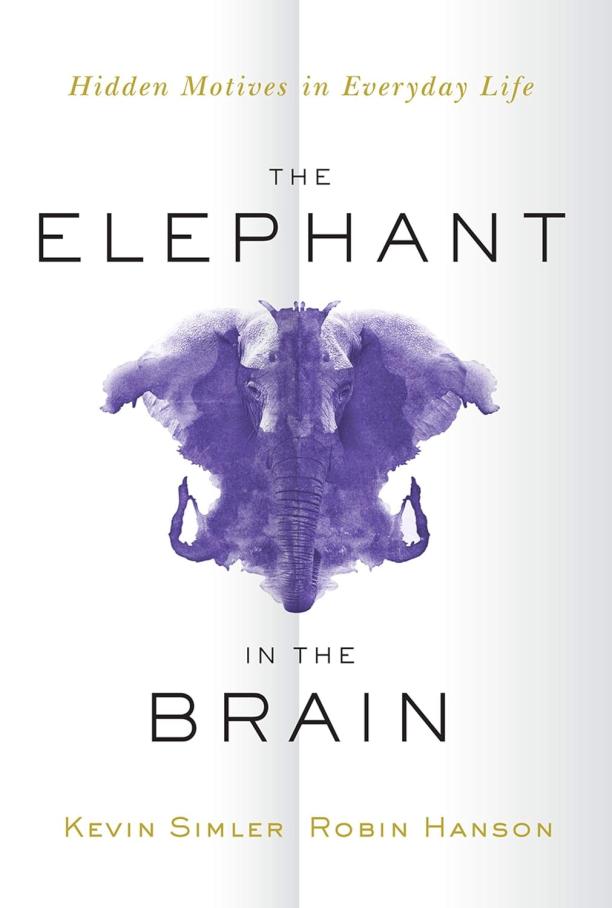
The Elephant in the Brain
Hidden Motives in Everyday Life
Robin Hanson
The book explores the subconscious motives driving human behavior, suggesting that individuals often act in self-interest while rationalizing their actions as altruistic or socially acceptable. It delves into various aspects of life, including politics, charity, and education, to reveal the hidden intentions behind our actions.
See full summary

Flu
The Story of the Great Influenza Pandemic of 1918 and the Search for the Virus That Caused It
Gina Kolata
The book delves into the catastrophic 1918 influenza pandemic, detailing its global impact, the millions of lives it claimed, and the scientific quest to understand the virus. It also explores the modern-day efforts to research the pandemic and prevent a similar outbreak, including the retrieval of the virus from preserved samples and victims' bodies.
See full summary
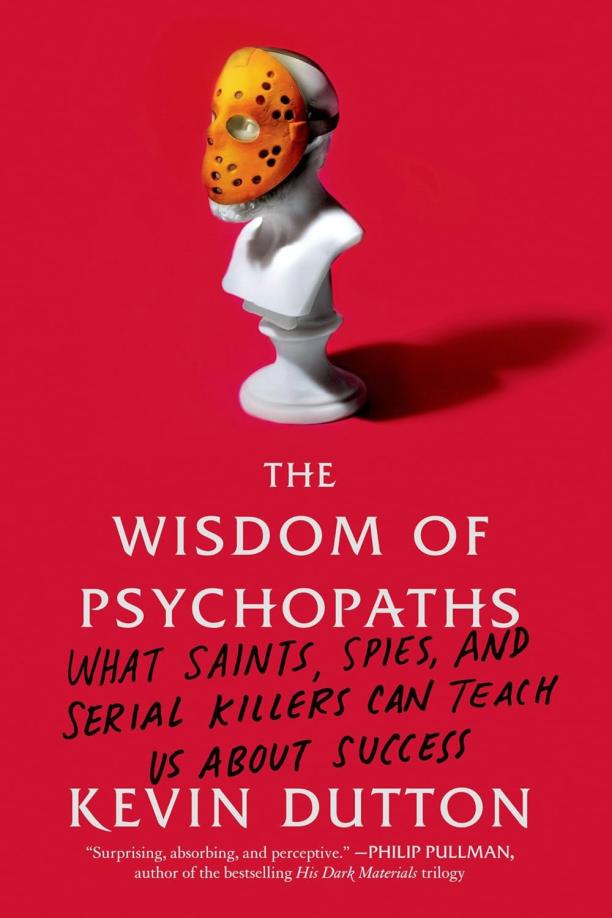
The Wisdom of Psychopaths
What Saints, Spies, and Serial Killers Can Teach Us About Success
Kevin Dutton
The book explores the positive traits associated with psychopathy, such as fearlessness, confidence, and charisma, and how these can lead to success in various professions. It delves into the idea that certain psychopathic characteristics can be beneficial when they are not present in extreme forms or combined with malice.
See full summary

Vaxxers
A Pioneering Moment in Scientific History
Sarah Gilbert|Catherine Green
The book provides an insider account of the development of the Oxford-AstraZeneca vaccine against COVID-19, detailing the scientific challenges and breakthroughs. It also offers personal insights into the lives of the scientists involved in the high-stakes race to create a vaccine during the global pandemic.
See full summary
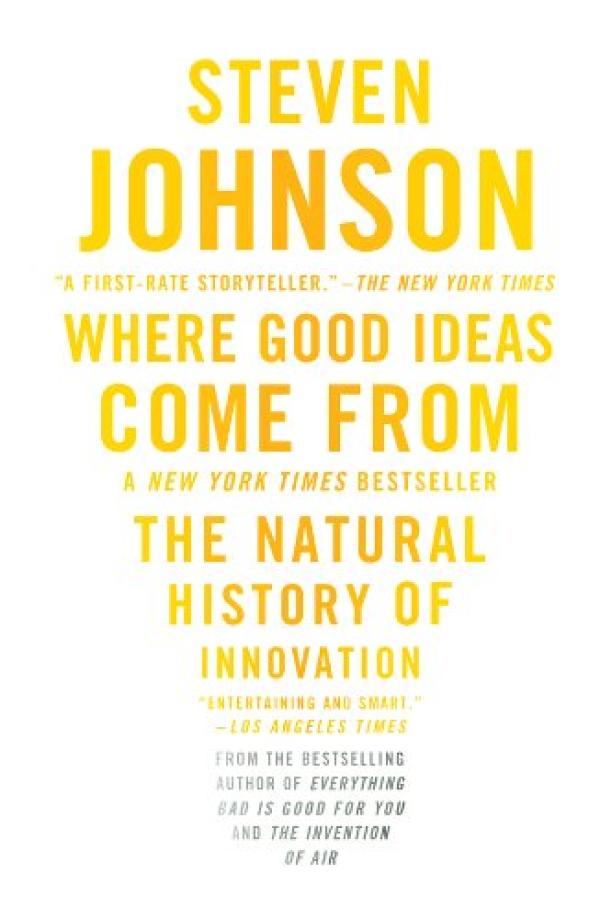
Where Good Ideas Come From
Steven Johnson
The book explores the history of innovation, revealing that transformative ideas often emerge from collaborative networks and diverse, unstructured environments rather than solitary thought. It identifies seven key patterns, such as the "adjacent possible" and "liquid networks," that foster creative thinking and groundbreaking discoveries.
See full summary
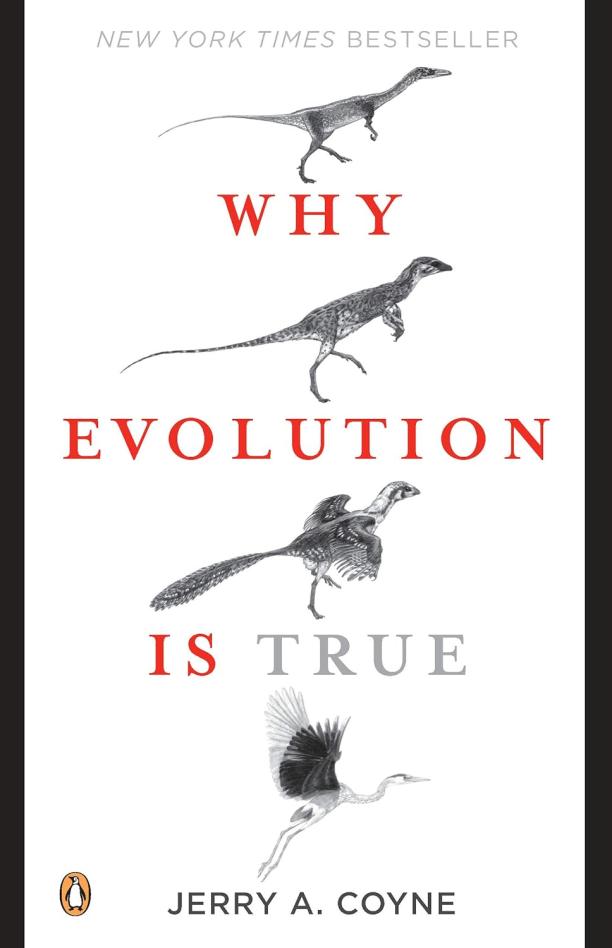
Why Evolution Is True
Jerry A. Coyne
The book presents a comprehensive overview of the evidence supporting the theory of evolution, including examples from genetics, fossil records, biogeography, and observed evolutionary processes. It also addresses and refutes common arguments against evolution, aiming to demonstrate its status as an established scientific fact.
See full summary
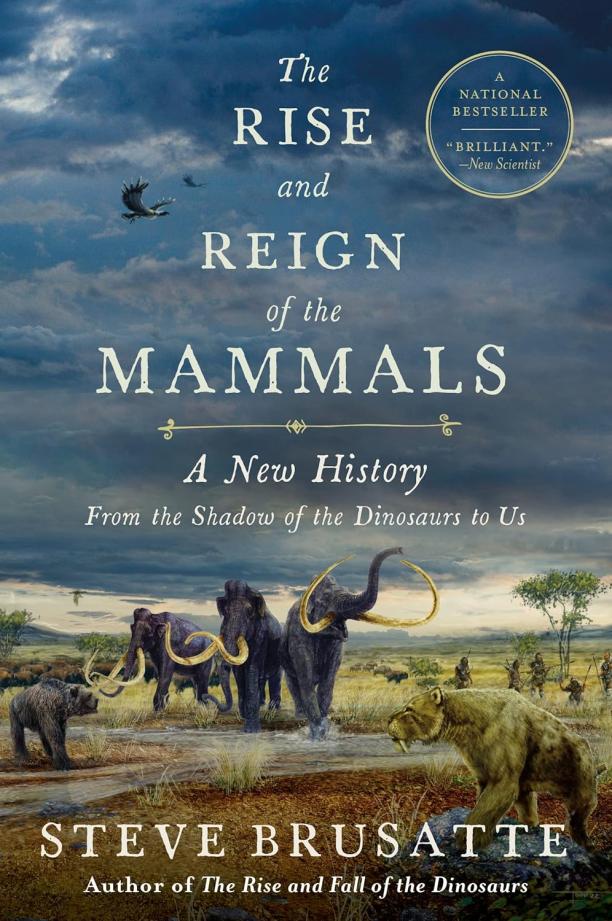
The Rise and Reign of the Mammals
A New History, from the Shadow of the Dinosaurs to Us
Steve Brusatte
The book chronicles the evolutionary journey of mammals from their humble beginnings in the Mesozoic era to their current dominance following the extinction of the dinosaurs. It explores the adaptations and diversity of mammals through geological time, culminating in the emergence of humans and their impact on the planet.
See full summary
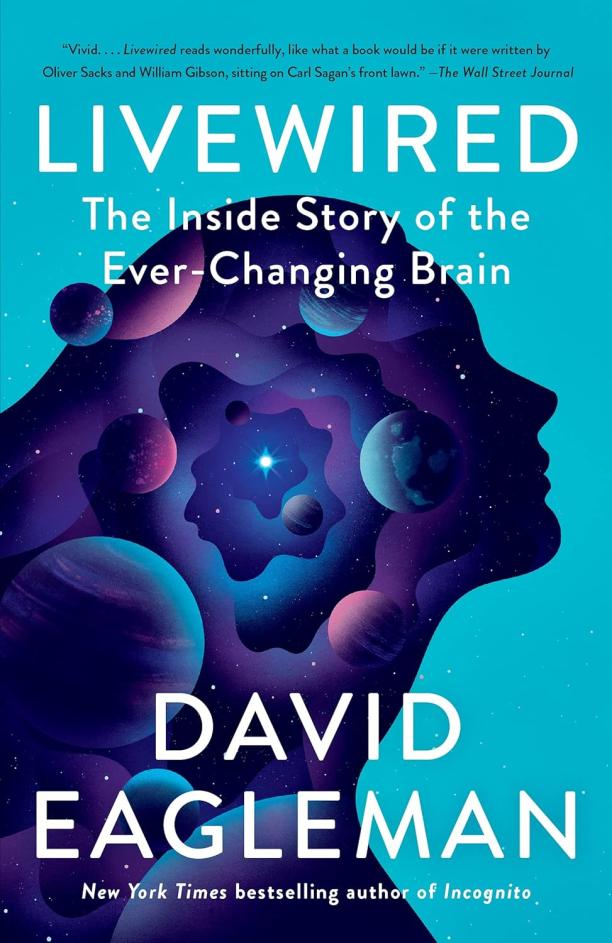
Livewired
The Inside Story of the Ever-Changing Brain
David Eagleman
The book explores the neuroplasticity of the human brain, illustrating how it continuously adapts, reconfigures itself, and forms new connections in response to experiences and learning. It delves into the implications of this adaptability for understanding consciousness, identity, and the potential for technological augmentation of the brain.
See full summary

The Inner Life of Animals
Love, Grief, and Compassion—Surprising Observations of a Hidden World
Peter Wohlleben
The book explores the emotional lives of animals, delving into scientific research and anecdotal evidence to argue that non-human creatures experience complex emotions like joy, grief, and empathy. It presents a series of stories and observations that challenge the traditional view of animals as emotionless beings, suggesting a deeper, more empathetic connection between humans and the animal kingdom.
See full summary

The Secret Life of Plants
A Fascinating Account of the Physical, Emotional, and Spiritual Relations Between Plants and Man
Peter Tompkins|Christopher Bird
The book explores the idea that plants possess sentience, emotions, and the capacity for communication and environmental responsiveness, drawing on experiments and anecdotes. It delves into unconventional scientific research and claims regarding plant perception, including the effects of human thoughts, words, and intentions on plant growth and behavior.
See full summary